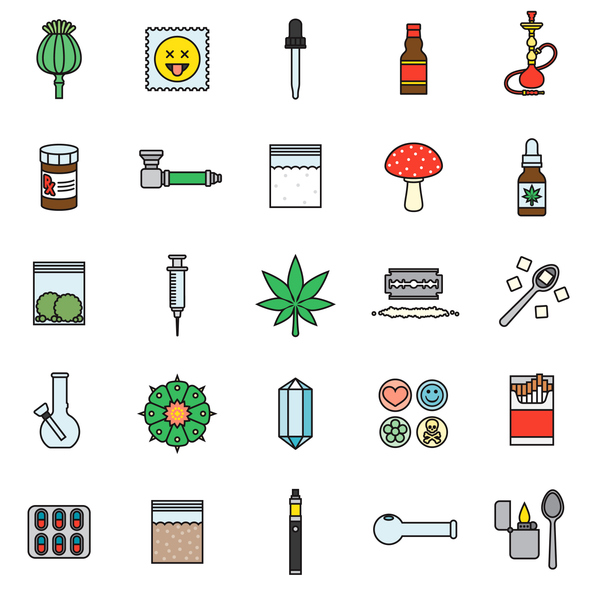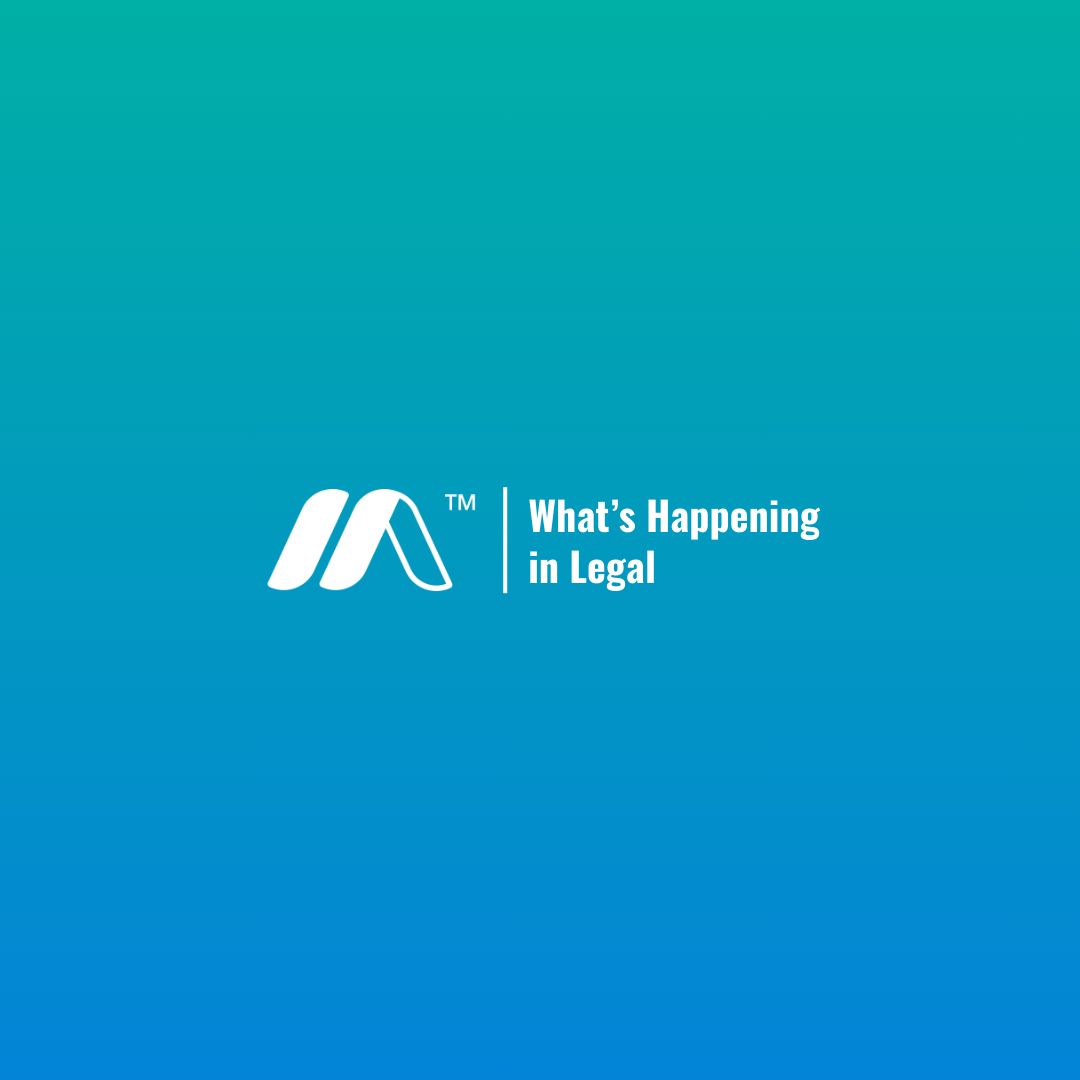Legality of Psychedelics in the U.S.

Over the past few years, there has been growing legal and social acceptance of drugs like cannabis for recreational and medicinal use. Even as the laws surrounding cannabis vary around the country, some states are going beyond this drug to explore changing regulations around psychedelic drugs.
There is growing interest in the potential medicinal benefits of some psychedelics and legislative initiatives to reduce penalties for the possession and use of such substances. The overall picture is a complicated one, but here’s a brief overview of the current state of psychedelic legality in the U.S.
What are psychedelics?
The word “psychedelics” is thrown about, but it actually refers to a group of drugs with specific effects. The National Institutes of Health (NIH) refers to “psychedelic and dissociative drugs,” and notes the difference:
- Psychedelic drugs work on the brain chemical serotonin. They can impact the sense of self and bring on intense visions. Examples are psilocybin, lysergic acid diethylamide (LSD), mescaline, and DMT.
- Dissociative drugs work on the brain chemical glutamate. This can cause a feeling of disconnection from the body and the environment. Examples are ketamine and PCP.
The NIH refers to methylenedioxymethamphetamine (MDMA) and salvia as “other” drugs that affect a variety of brain functions.
All of these types of drugs affect perception, mood, and thought processes.
A 2023 report in the Journal of the American Medical Association (JAMA) found that 90% of recent U.S. bills referred to psilocybin. Proposed U.S. laws also less frequently mentioned MDMA, peyote/mescaline, ibogaine, LSD, and DMT/ayahuasca.
What does the FDA say?
In 2023 the Food and Drug Administration (FDA) issued guidance for researchers developing psychedelic drugs for medical use. The FDA says its guidance uses the word psychedelics as “shorthand” for drugs like psilocybin, LSD, and MDMA. The guidance gives psychiatric disorders and substance use disorders as examples of potential medical conditions to which psychedelics might apply.
This guidance follows the FDA granting breakthrough therapy designation for MDMA to treat post-traumatic stress disorder (PTSD) in 2017 and for psilocybin in treatment-resistant depression in 2018.
Drug laws in the USA
The changes in US drug laws when it comes to psychedelics have happened at the state level. This has no effect on federal drug laws, which impose strict penalties on activities relating to scheduled substances. At the federal levels, MDMA and LSD are schedule 1 substances. Substances are on schedule 1 because they purportedly have the highest risk for dependency and have no medicinal benefit.
There are some exceptions for certain drugs in federal law. For example, the ceremonial use of peyote by Native American communities has federal protection.
The recent decriminalization of marijuana in several U.S. states has served as a stark example of how federal and state laws might be in conflict. There is some commentary that asserts federal authorities might be reluctant to prosecute for activities that are legal at the state level, unless there is a connection to large-scale trafficking, organized crime, or gang activity.
At the state level, proposed bills surrounding psychedelics have fallen into five different types:
- Decriminalization: This is when a law reduces or eliminates the sanctions a person faces for possessing or distributing a psychedelic drug. An example is when an activity that might have held the penalty of jail time prior to the new law is now only punishable with a minor fine, citation, or holds no penalty.
- Right-to-try: This is when certain patients, or patient populations, receive a legal exemption under specific circumstances. A patient who is living with a terminal diagnosis, for example, might get legal permission to try an otherwise illegal drug if they have exhausted all other treatment options.
- Funding: Bills that cover funding are those that explicitly allocate money for psychedelic regulation, treatments, or research. This is when the government is directly providing a budget to support the legal use or investigation into psychedelics, so it is evidence of active support for innovation in this area instead of a mere “hands off” approach.
- Policy research: These are laws that have shown governments are taking an active interest in psychedelic research or possible legislation. The bills might establish psychedelic therapy advisory boards, or initiate reports to be presented to the legislators, state health administrators, or other members of public policy bodies.
- Laboratory or clinical research: This refers to bills that allow, fund, or require clinical research about psychedelic therapies. An example might be a law that requires the performance of clinical research studies of a certain drug with certain clinical populations before that drug is approved to treat that clinical population.
Not all of the proposed bills have been passed by state governments, but the fact that they are even being suggested might mean there is a growing movement for a changing legal perspective on psychedelics in the U.S.
State laws on psychedelics
Despite the recent surge of interest in changing the legal paradigm on psychedelic drugs, only a few states have implemented laws that allow for greater accessibility of these types of substances. Here’s a brief overview of what’s in place:
- Oregon decriminalized most drugs in 2020 but will likely recriminalize in 2024. However, even if drugs are recriminalized, psilocybin will remain available at licensed psilocybin service centers.
- Colorado decriminalized small amounts of natural psychedelic substances for adults aged 21 or older. Late in 2024 the state is due to start allowing the use of psilocybin at a licensed facility or under the supervision of a licensed facilitator. This type of licensing might extend to other plant based psychedelics such as DMT, ibogaine, or mescaline by 2026.
These state initiatives are in addition to decriminalization efforts at the city level. About two dozen U.S. cities have decriminalized drug use to various degrees, according to the BBC.
Overall, there seems to be a changing perspective on the role of psychedelic drugs in the U.S. That might mean opening the door to medicinal therapies derived from psychedelics, or reducing legal penalties for personal use. For lawyers, it’s an area that continues to see rapid and complex change.
Ready to grow your legal practice? Speak to the team at Martindale-Avvo today to learn about marketing solutions.









